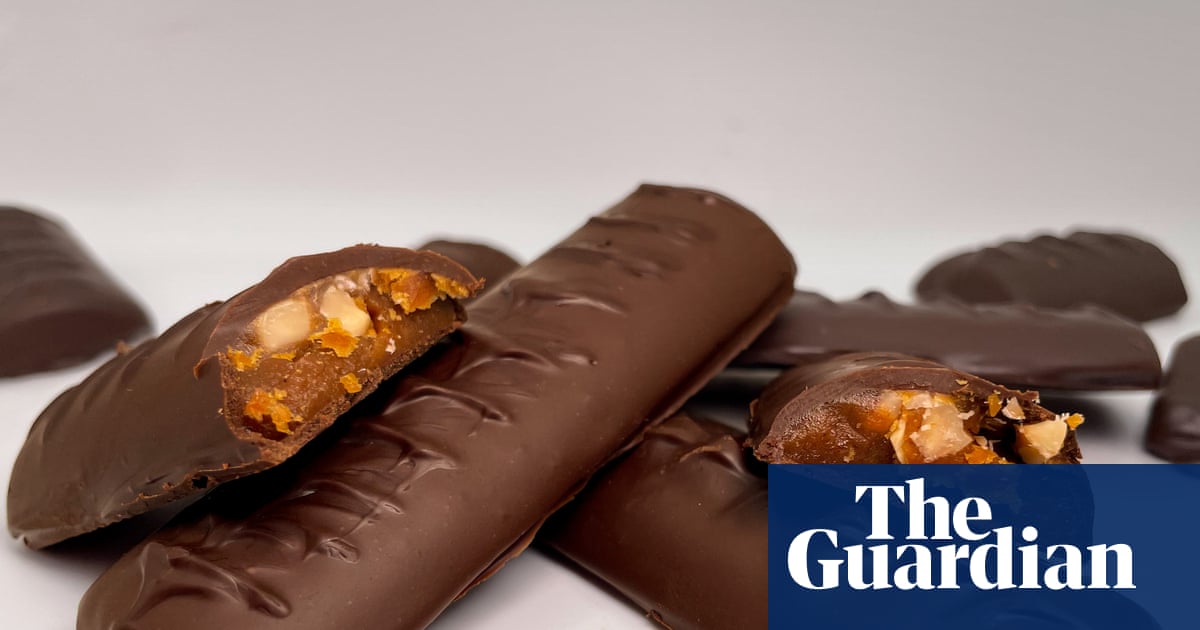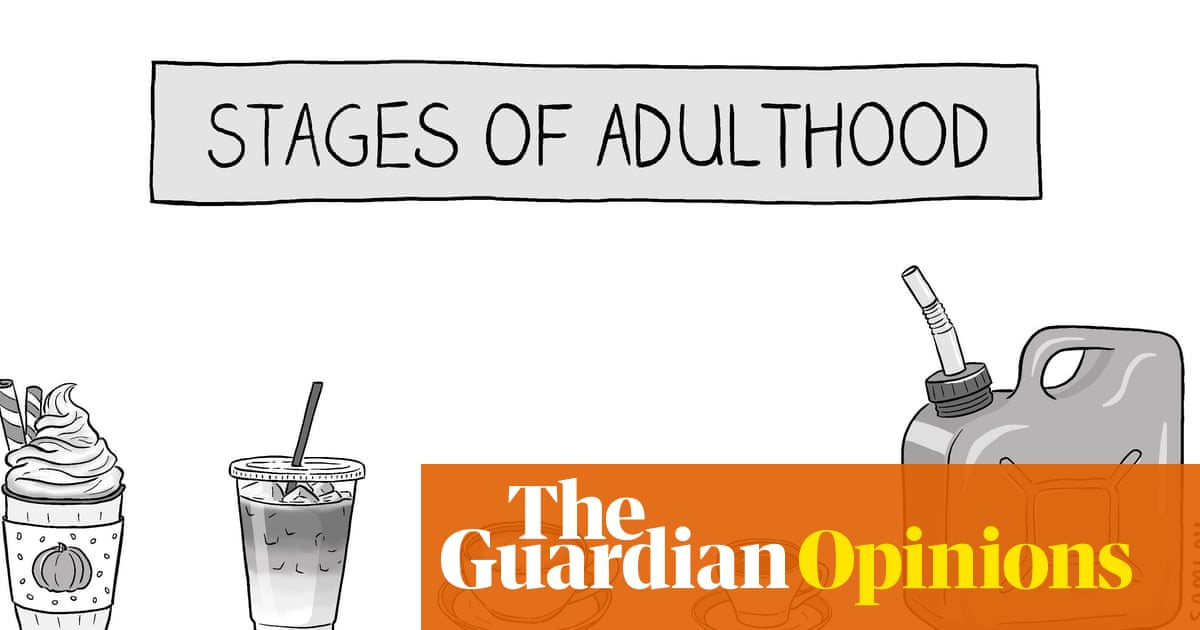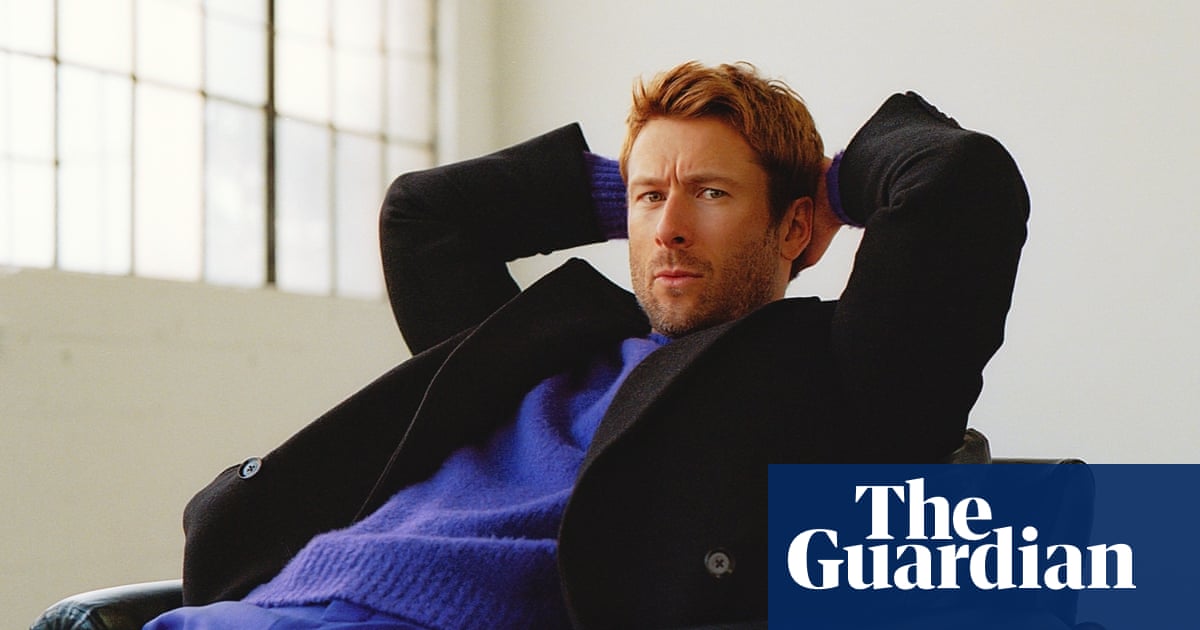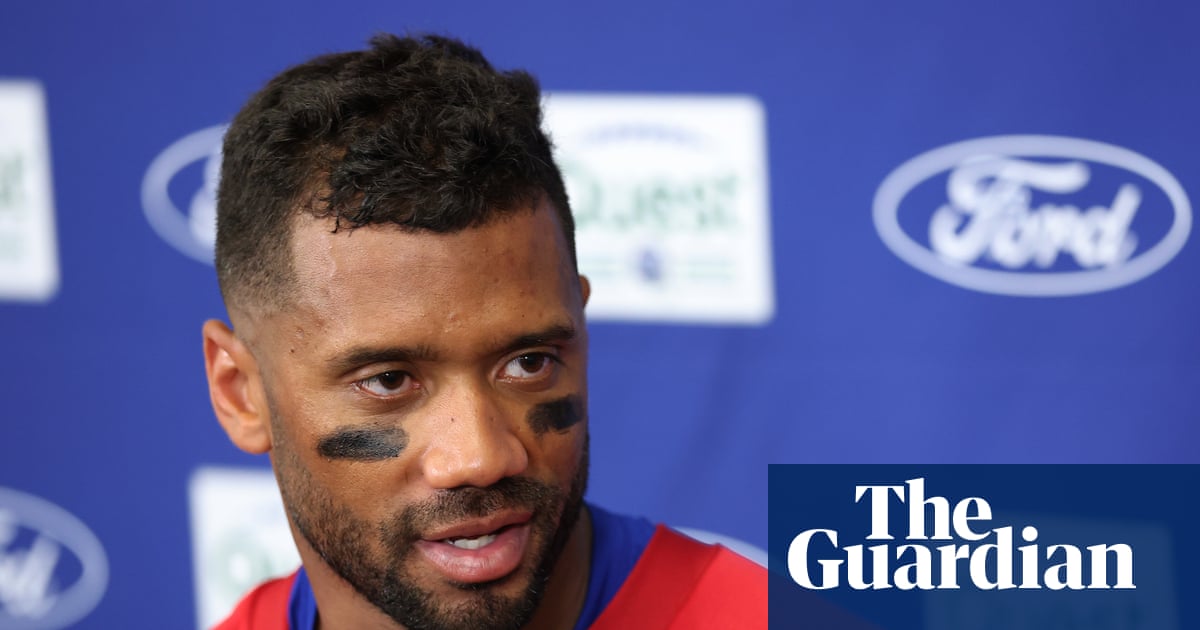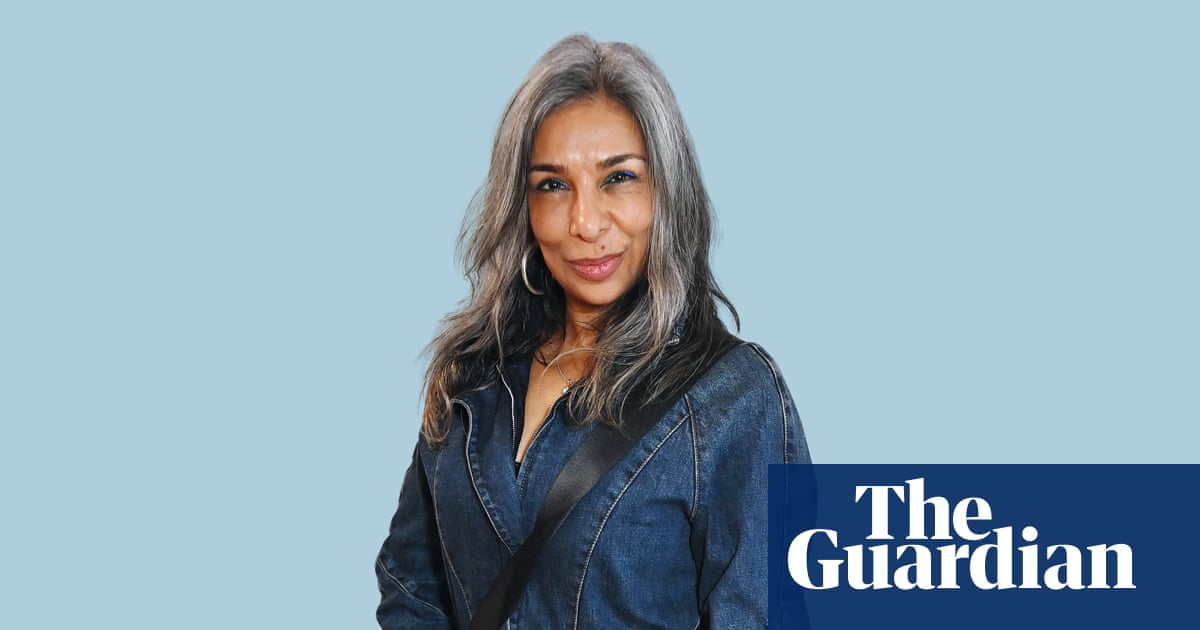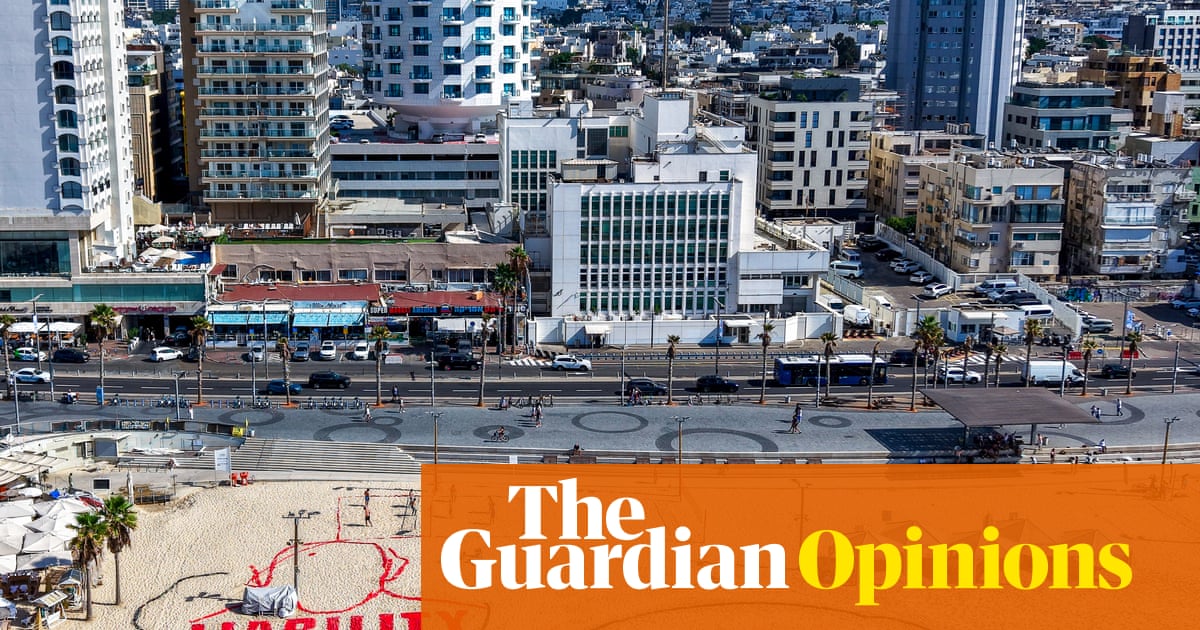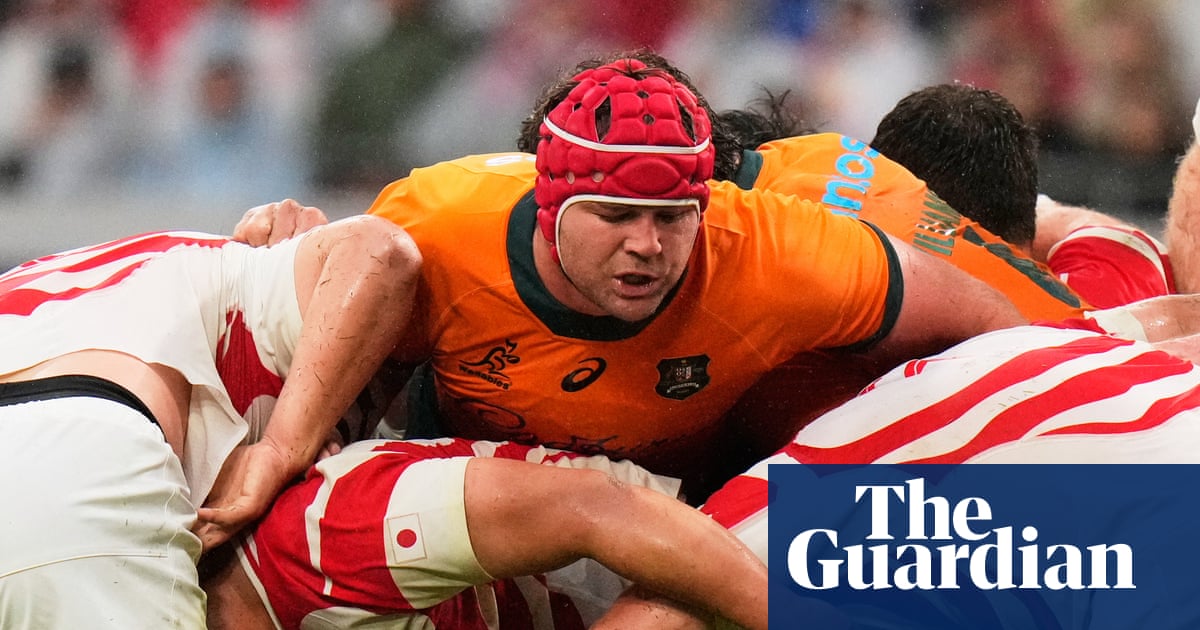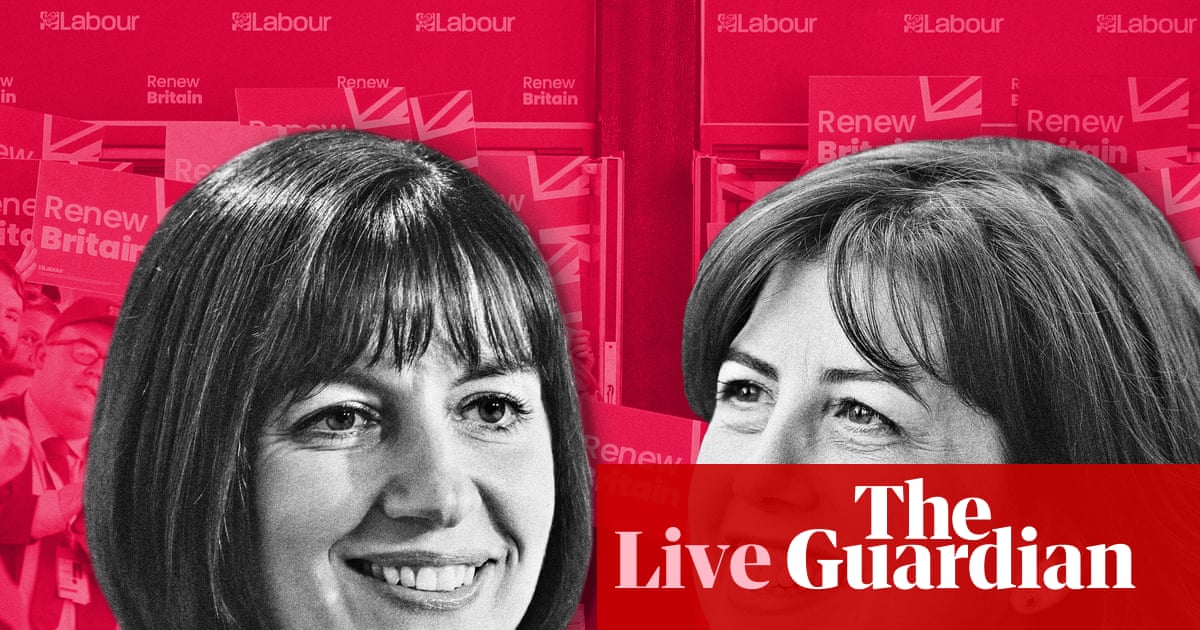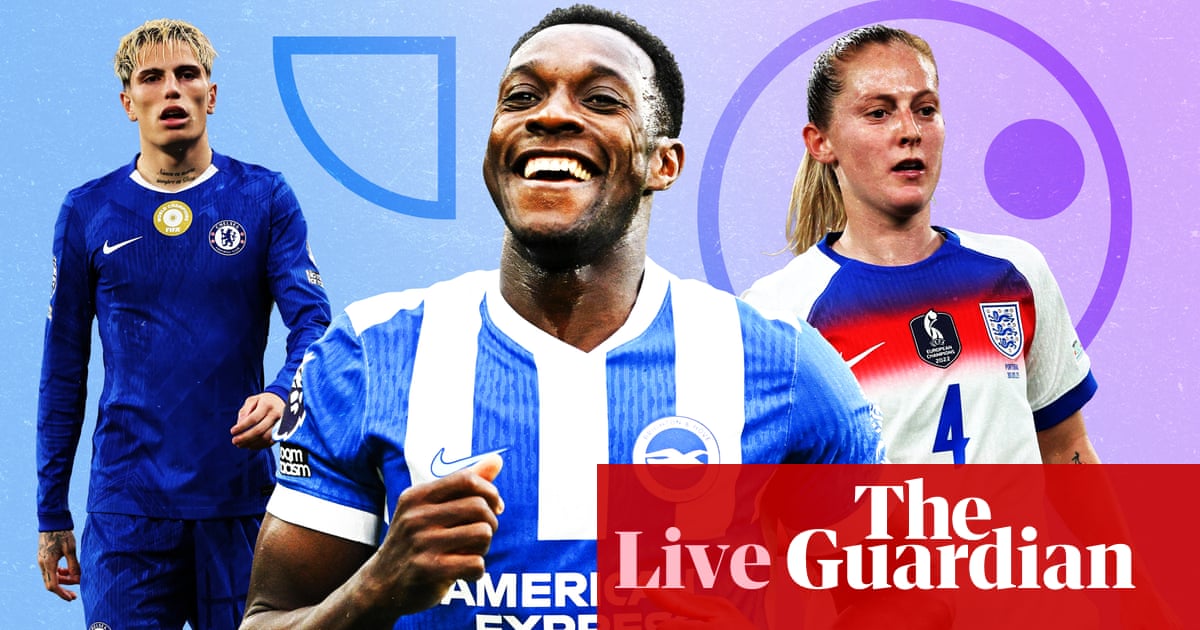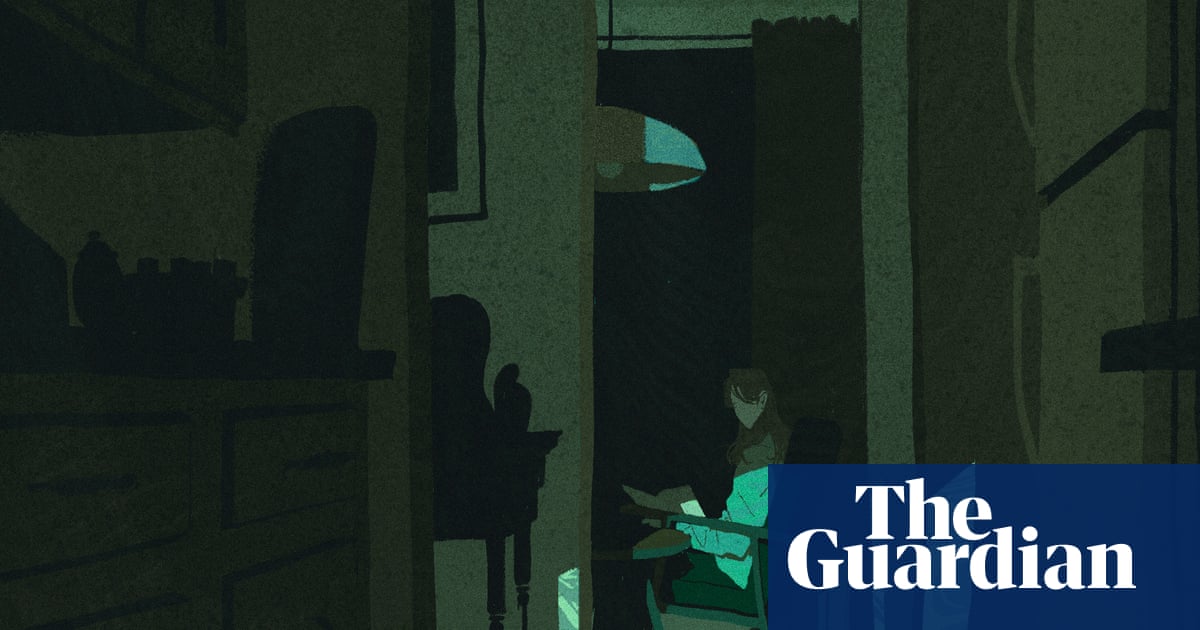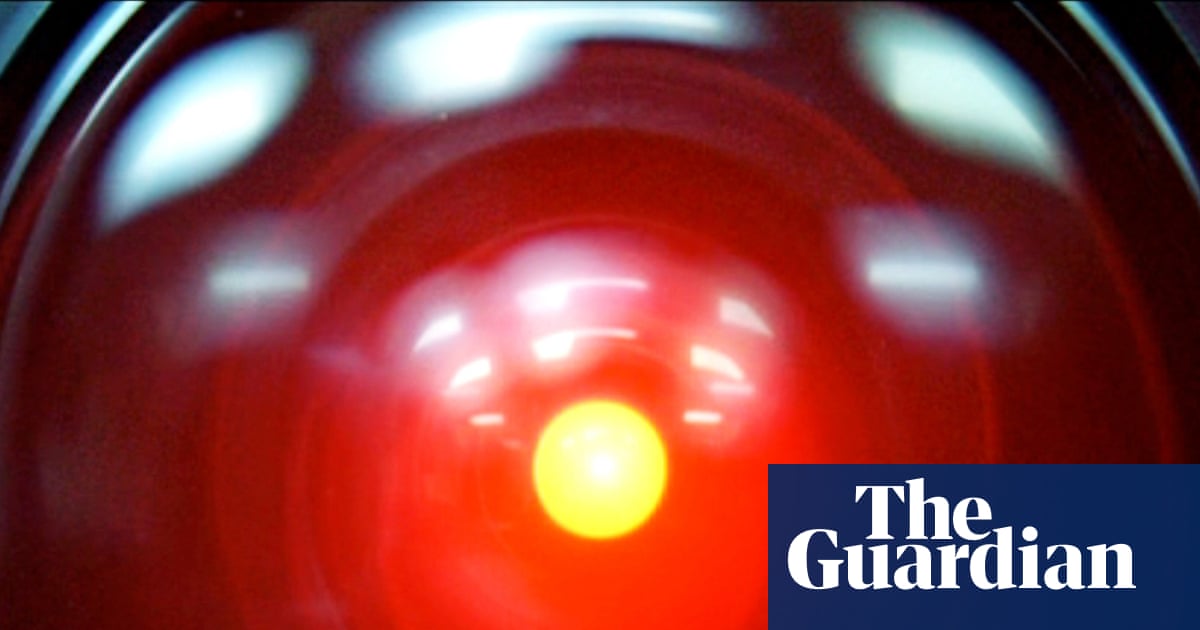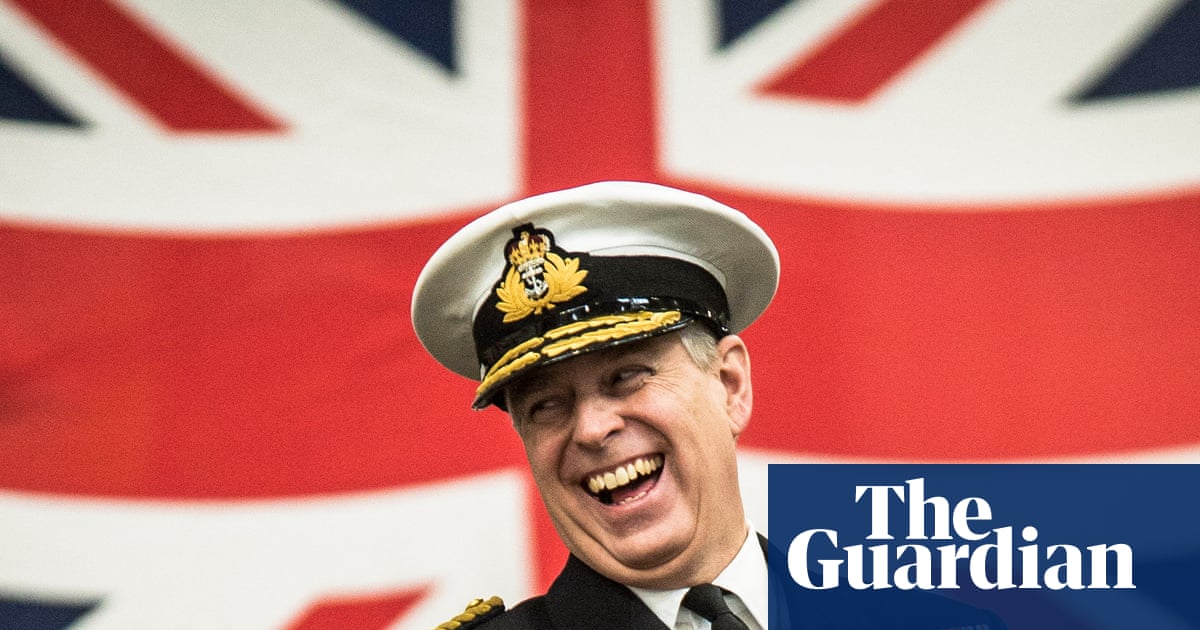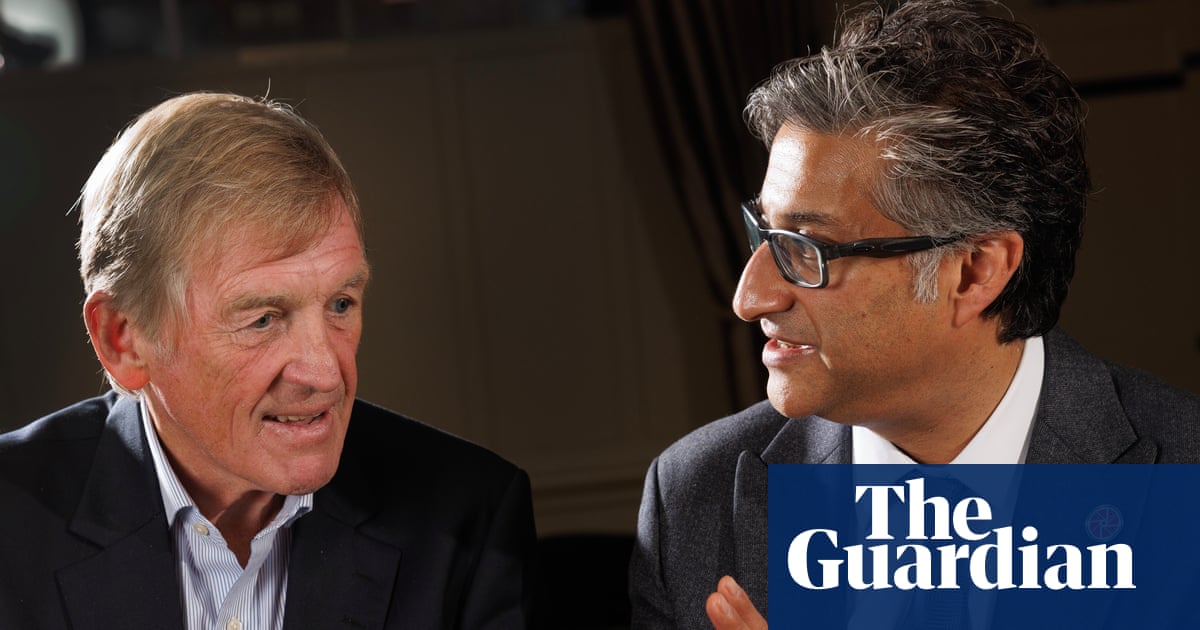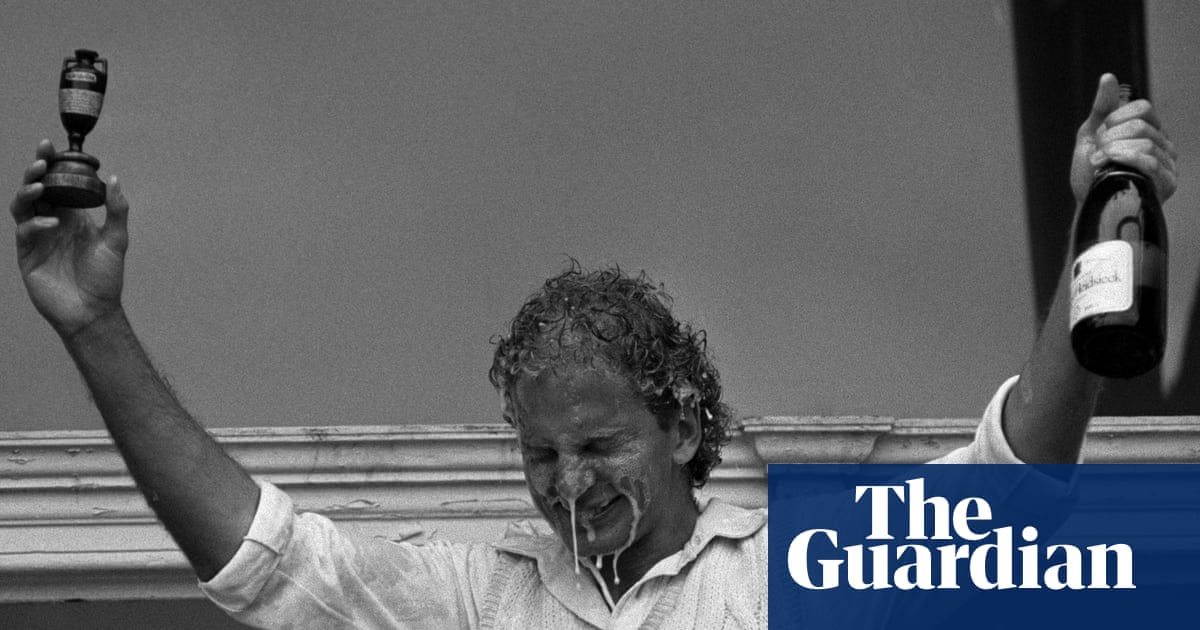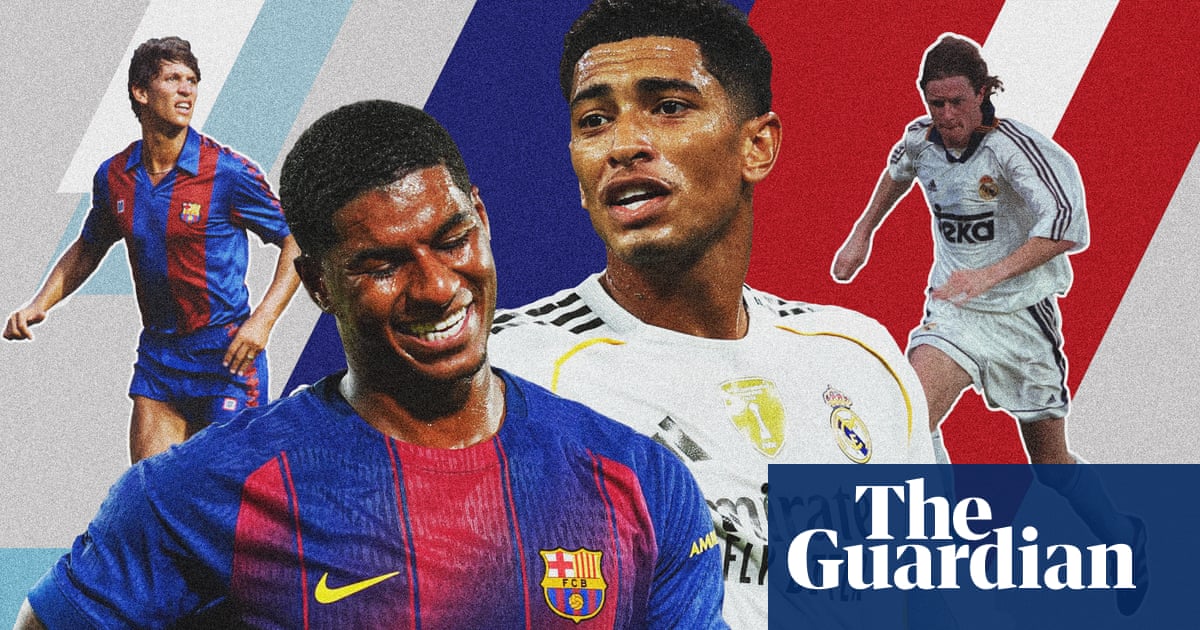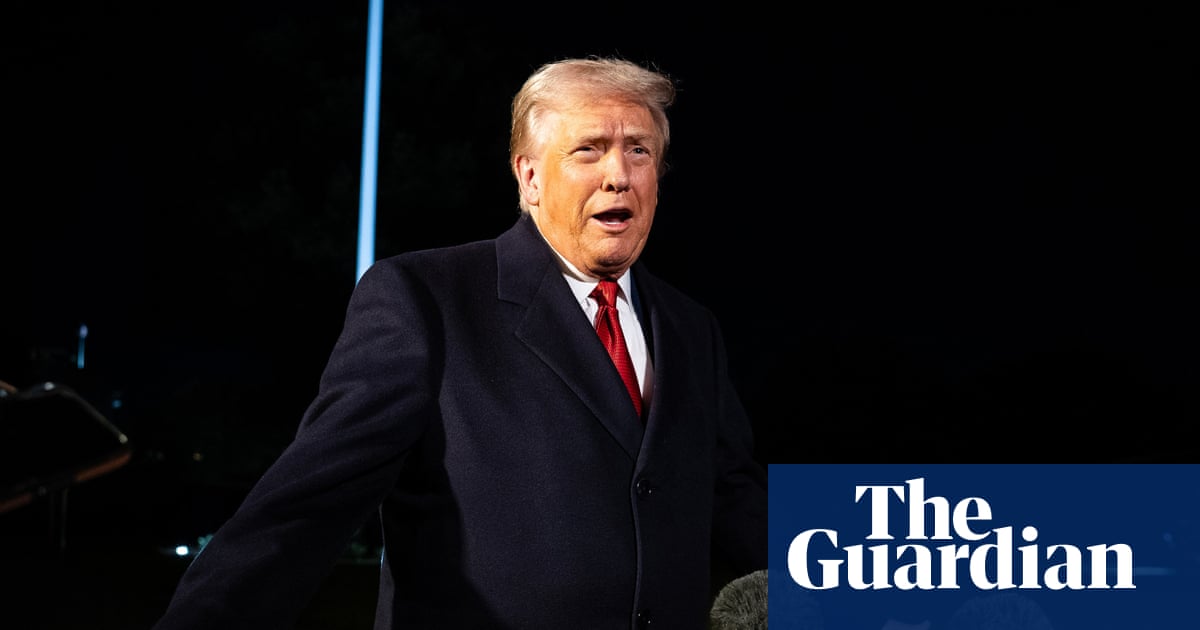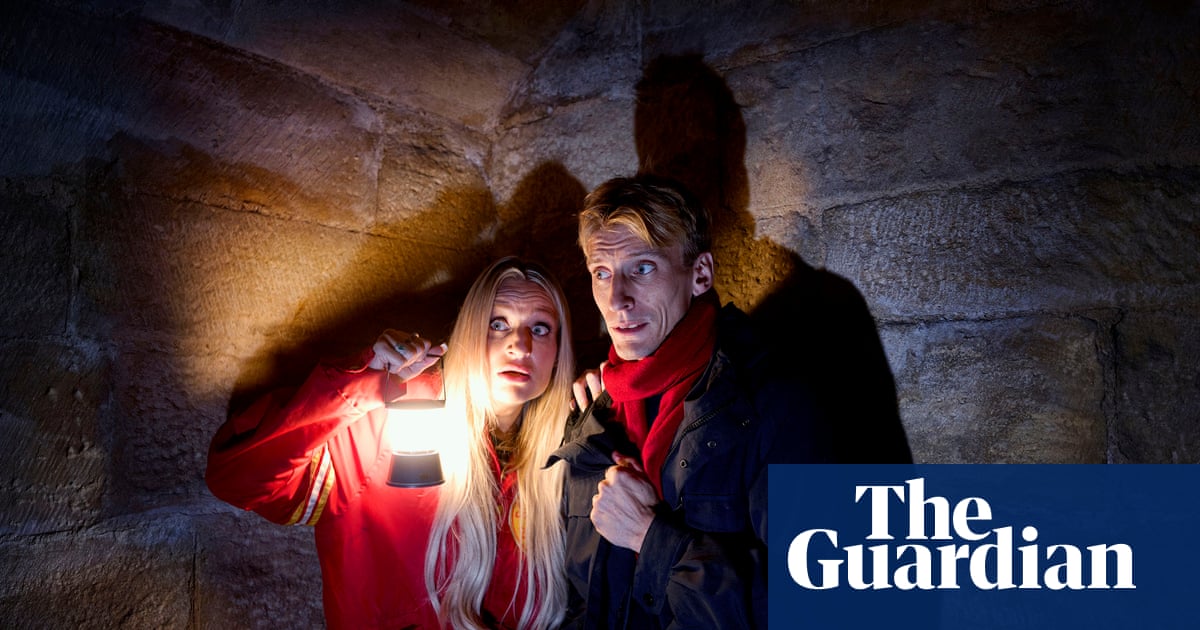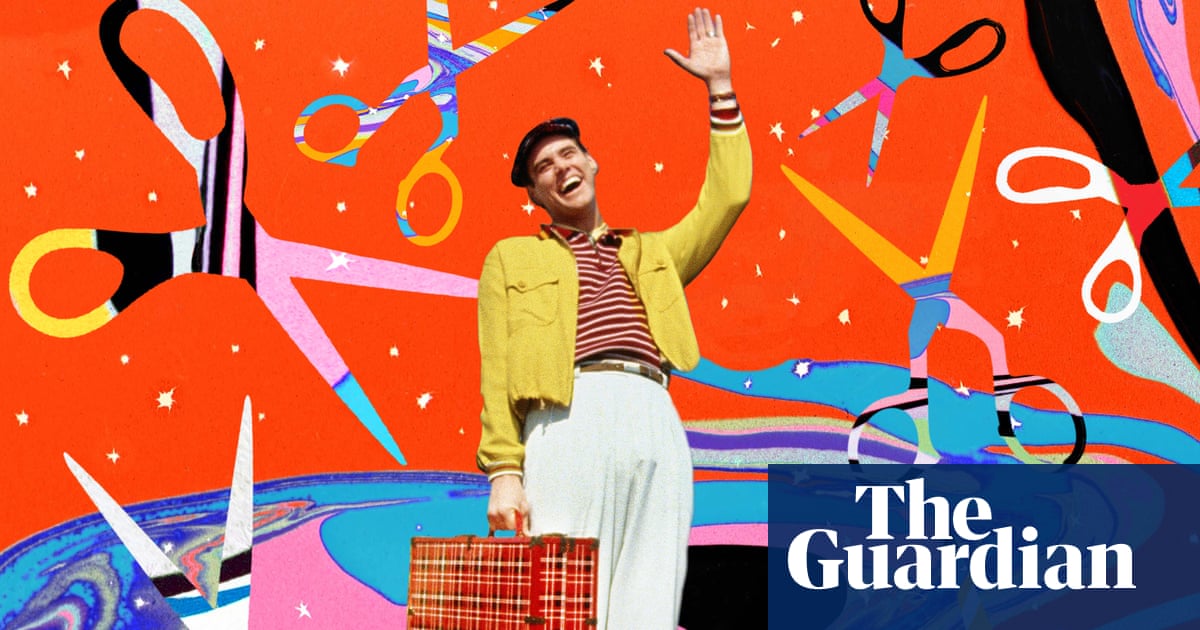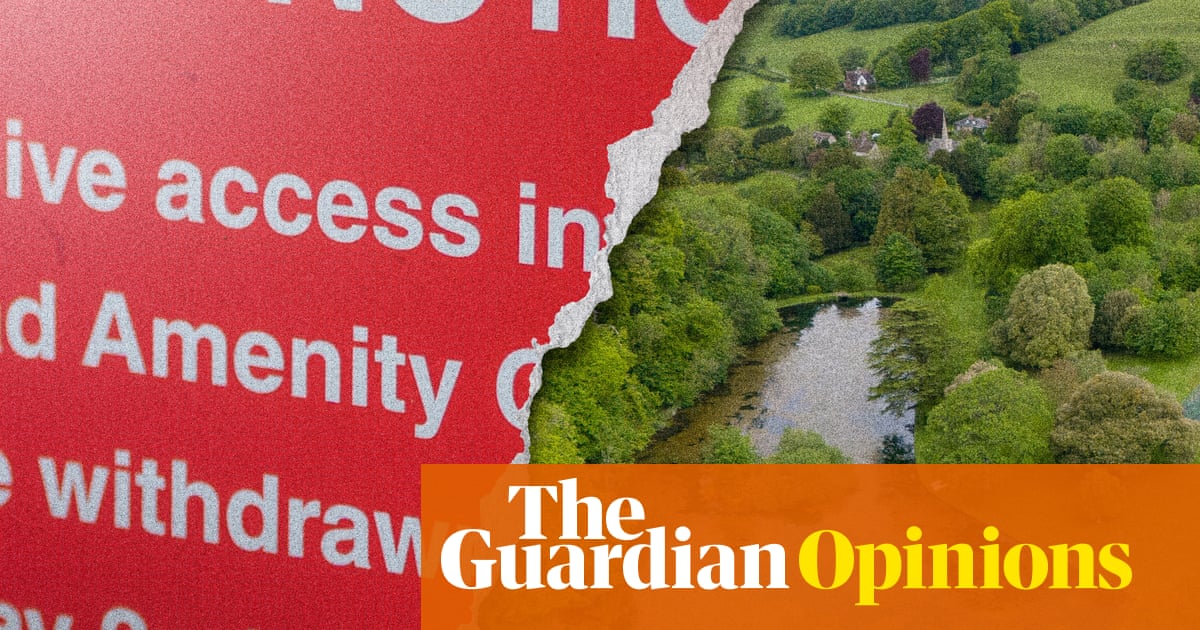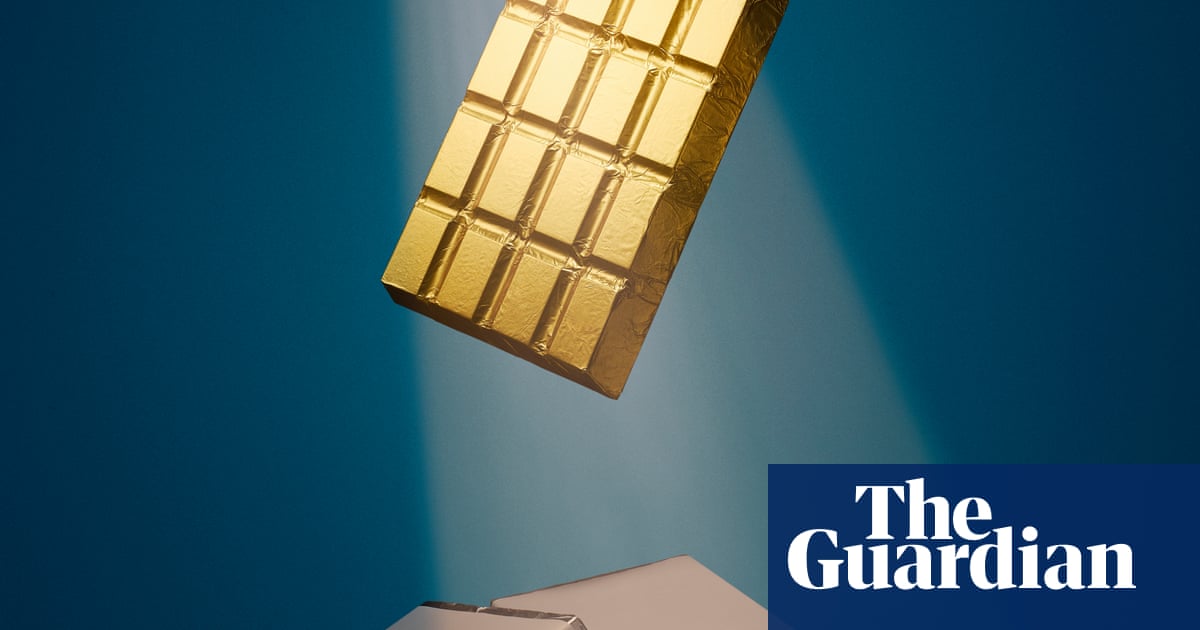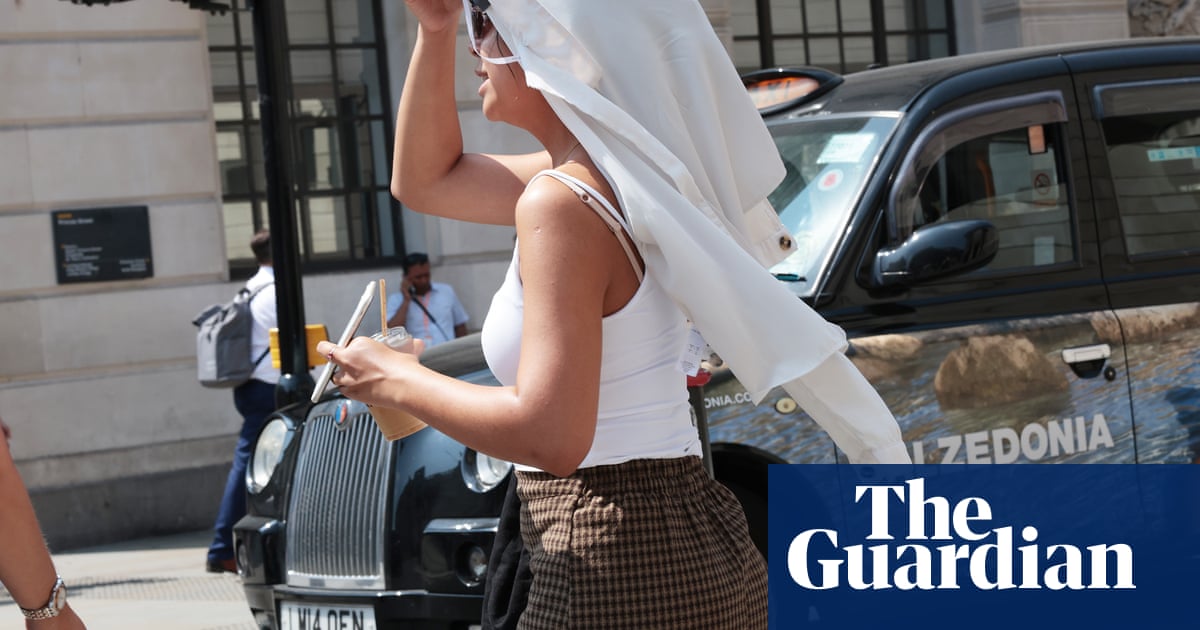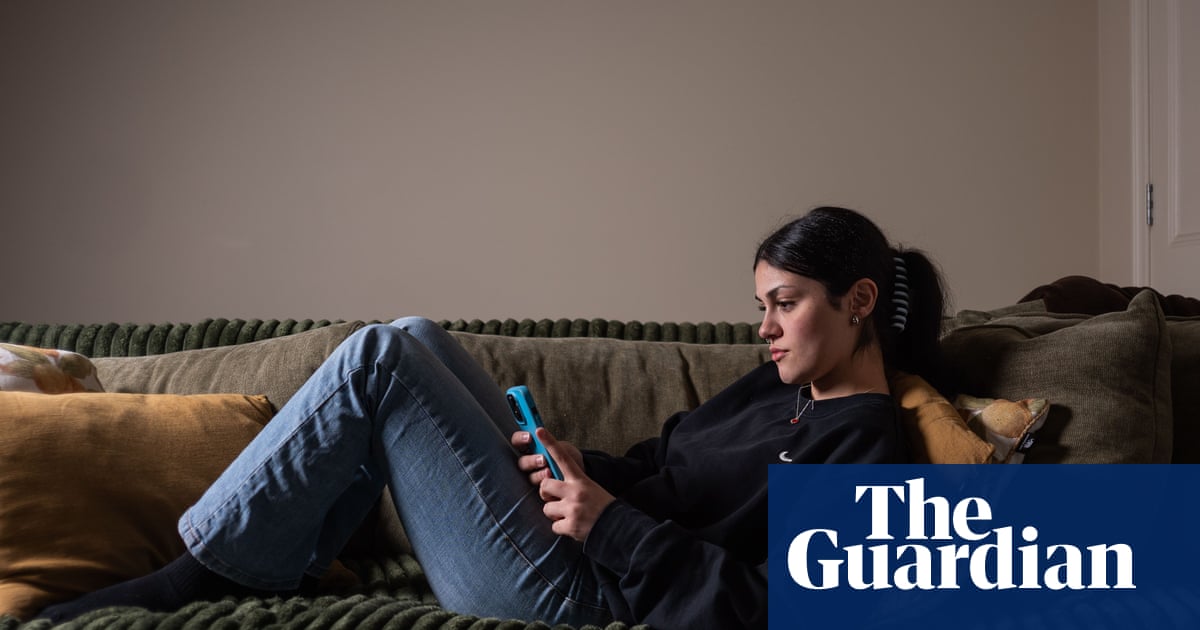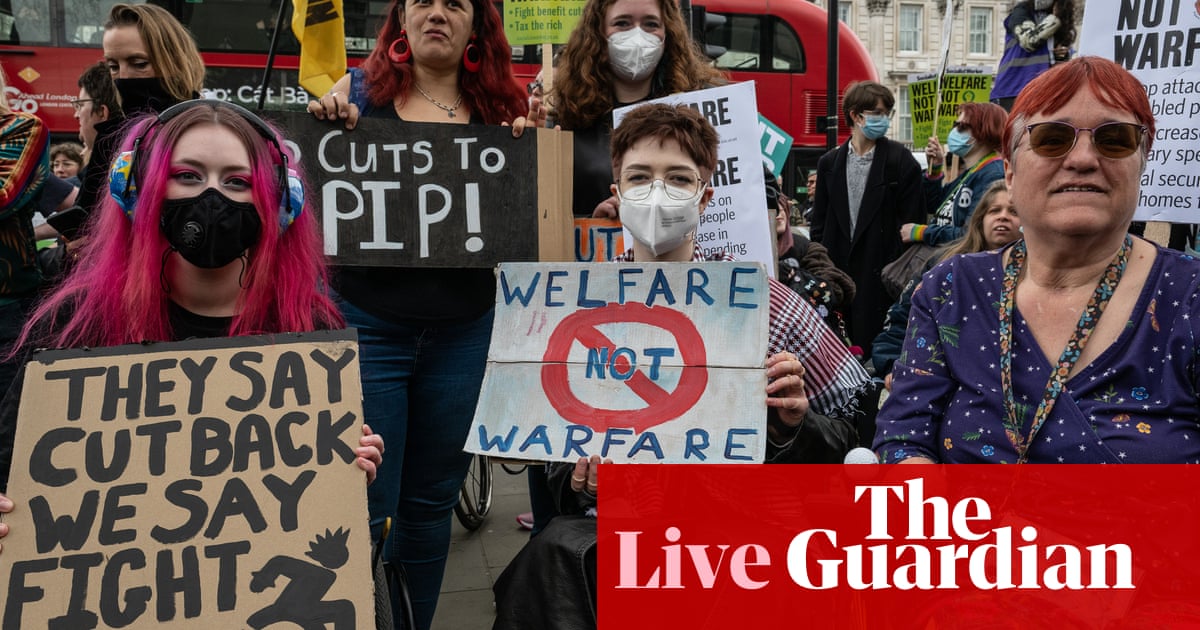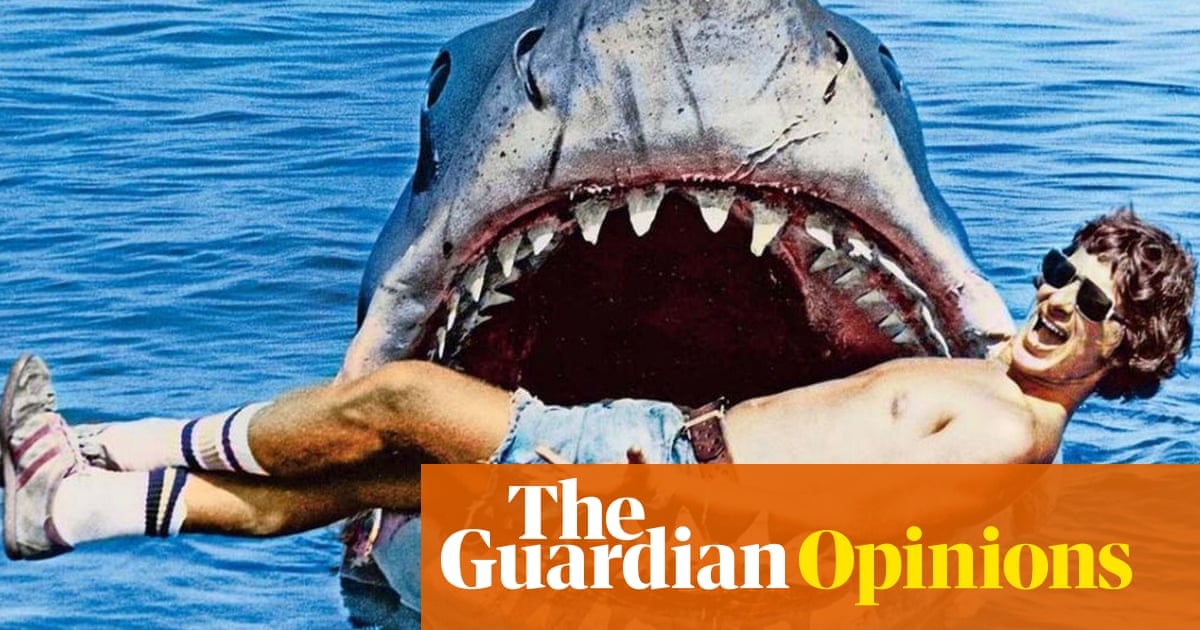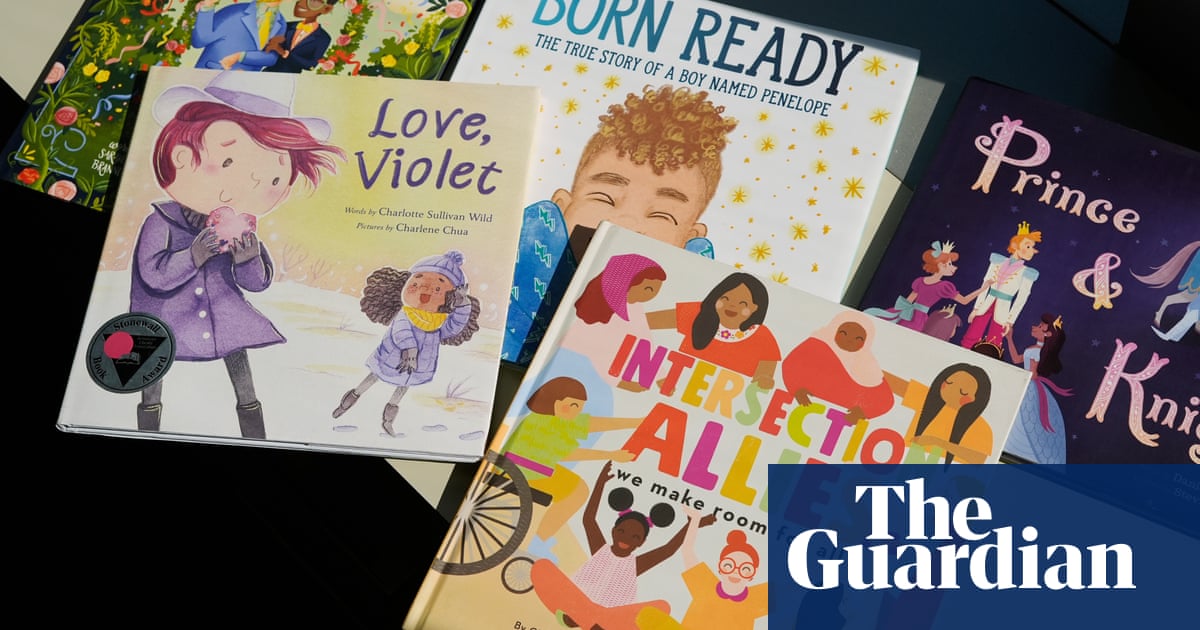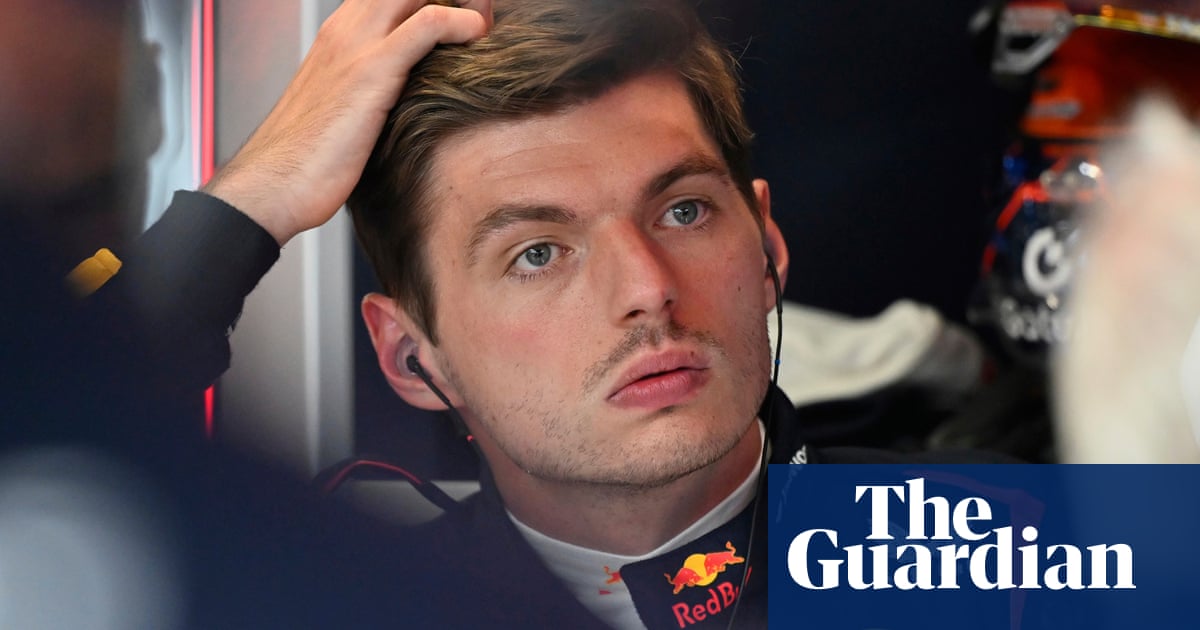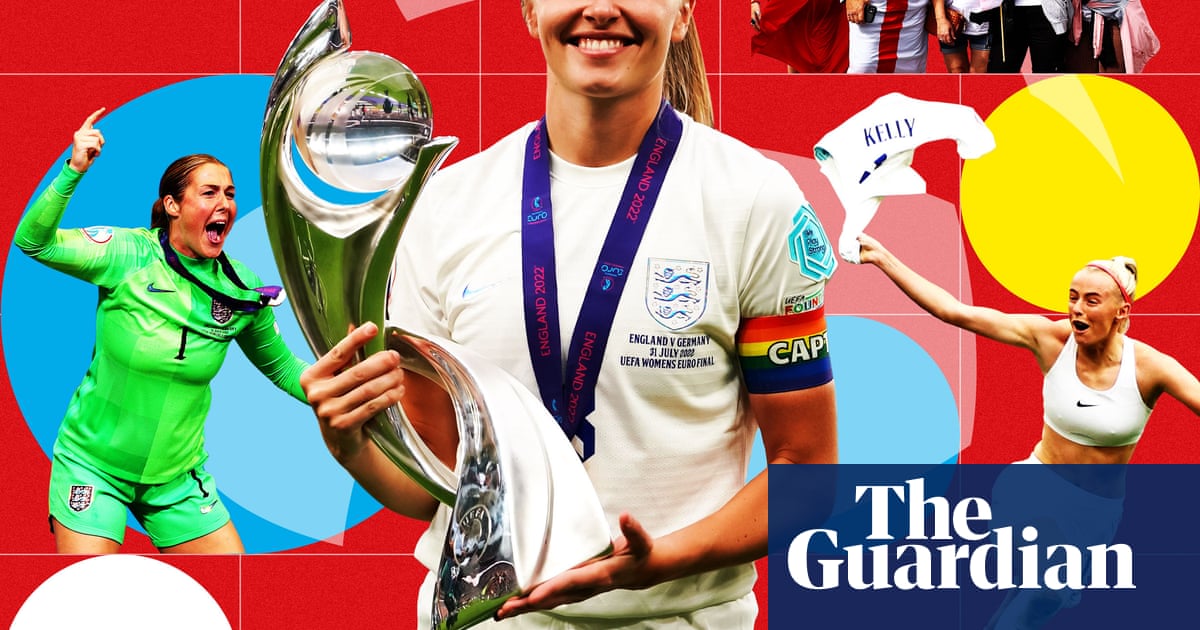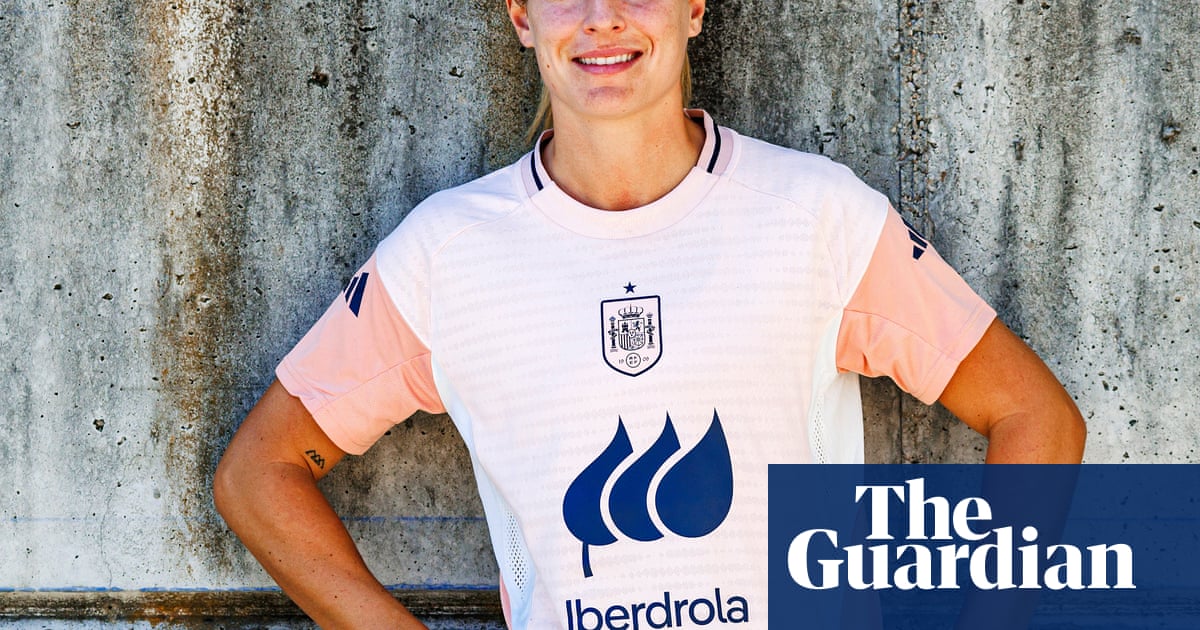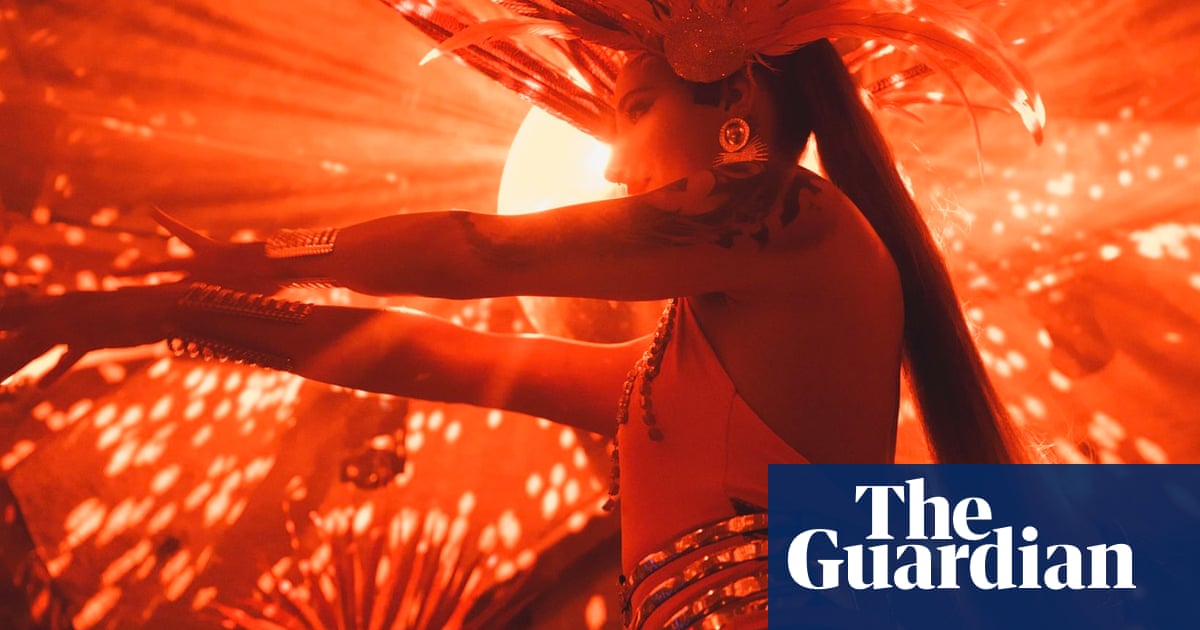It would be misleading to call Lorde’s performance at Glastonbury a “secret set”. Though listed on the schedule only as the mysterious “TBA”, playing the Woodsie stage for an hour shortly after the festival’s kick-off on Friday morning, the anonymous artist’s identity was seemingly widely known weeks before.
Ella Yelich-O’Connor herself had not been exactly subtle, meaningfully flashing her eyes at Radio 1’s Greg James when he pointed out that the release of her fourth album, Virgin, coincided with Glastonbury’s first day. On Thursday, ahead of Virgin’s release, she provided confirmation by posting an aerial photo of the Woodsies tent on Instagram.
It’s a bold move, to debut a new album to a crowd who won’t yet have had a chance to listen to it, let alone form any impressions – but Lorde has that kind of clout. Since her precocious debut, Pure Heroine, she has enjoyed a devout fanbase, many of whom look on her as a big sister figure: worldly and warm, but only intermittently available. With 2017’s critically acclaimed Melodrama, too, she secured her status as a pop star who is only more attention-grabbing for having only sporadic releases.
With Virgin – it’s been made clear, from the three singles and pre-album press – Yelich O’Connor is taking a different tack to music, attempting something looser, more immediate and more off-the-cuff. She debuted first single What Was That with a guerilla performance in New York City’s Washington Square Park, and has since played a series of small pop-up gigs to only the most connected fans. Second single Man of the Year and opening track Hammer both have a suggestive, half-finished yet considered quality, as though Lorde was gently attempting to warn fans: she is not the same star that they remember.
Arriving on stage to strobe lighting and a huge cheer, Lorde is dressed simply in a white baby tee and cargo pants, resembling, with her shock of dark hair, Patti Smith – and also her younger self. For Solar Power – her uncharacteristically sunny third album, which received faltering reviews – Lorde experimented with bleach-blond hair and variously sexy and/or smooth brain’d personae. Today, accompanied by a low-profile band, she appears minimalistic, uncomplicated, direct: recognisable as the teenager who burst out of nowhere with a sharp-eyed satire of celebrity excess, known for her big hair and idiosyncratic dance moves. And the crowd is glad to be reunited.
But when it becomes clear Lorde is playing the new album in full, with a seamless transition from What Was That into a new song, Shape Shifter, the crowd’s energy visibly begins to flag. Yelich-O’Connor has always been a fully fledged performer; here, she kneels on the stage, hoiks up her T-shirt to caress her stomach, and plays to the camera with her face, smizing and snarling to impress upon us the personal nature of the lyrics. Like many songs on the album, Shape Shifter deals with Lorde’s desire not to be pinned on to any one evolution or identity, and reflects on those she’s lived so far: the siren, the saint. “I’ve been up on the pedestal, but tonight I just wanna fall.”
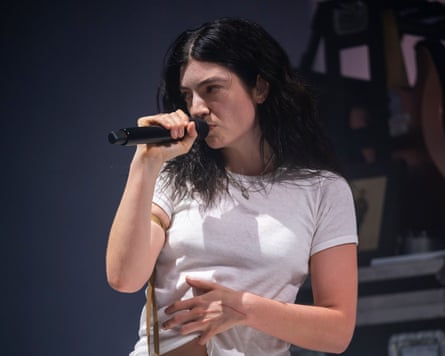
But though the audience extends her goodwill, bobbing gently to the music, it is just difficult to grasp the shape of these unfamiliar songs, lacking as they do immediate or obvious hooks and dealing with intimate and often challenging subject matter. She declines to give context, only addressing the crowd until after Favourite Daughter, a deceptively upbeat song about burnout, fuelled by familial (and fatherly) expectations. She thanks us for “being here with us on the day that Virgin is born”, and adds that this full album play-through may be a one-off. The crowd is clearly cheered by the sense of exclusivity, and to witness the return of their favourite pop star, but the songs aren’t immediately arresting enough to make the moment.
Clearblue stands out among the new tracks, bringing to mind both Yellow Flicker Beat, Lorde’s excellent inclusion on The Hunger Games soundtack, and Imogen Heap’s iconic Hide and Seek in its pared-back layering of electronic vocals. But it’s a song for listening on headphones at home; the audience in the tent seems a little nonplussed. Later, the heartbreaking lyrics of Broken Glass – explicitly dealing with an eating disorder and the long reckoning of recovery – is lost on an audience who have not been given the chance to sit with them.
“I didn’t know if I’d make another record, to be honest – but I’m back here, completely free,” Lorde says, to huge cheers. “I’m so grateful to you for waiting.” The packed-out tent is proof of how many people are willing to follow her wherever she will go, to bear with her while she figures out how she wants to present herself to the world. When, after David, the final track of Virgin, the opening chords of her much-loved song Ribs ring out, it feels like Lorde is rewarding fans for their patience – quite literally throwing them a bone.

 3 months ago
102
3 months ago
102
